
Aviel Schneider
Prejudices against Israel often run deep, especially on a spiritual level. I am not speaking theoretically—I speak from my own wrestling. Our ideas about Israel are not automatically identical to God’s perspective. Especially when it comes to Israel, many notions are shaped more by personal background than by biblical revelation. Therefore, it takes courage and grace to let go of old images—and to open our eyes to what God Himself sees in His people. And this applies to me as well.
This is often the ultimate response of many devout Christians and Jews who can no longer make sense of reality and thus immediately shift everything onto the Messiah, the promised Redeemer who will bring justice, heal the world, and establish peace. We know this, for we too await the Messiah who will restore order to the world and deliver us from suffering, injustice, war, and death. “When the Messiah comes, everything will be fine” is a worn-out phrase, much like “Baruch HaShem,” translated as “Blessed be the Name of God” or, in short, “Thank God.” To thank God is, in essence, an acknowledgment that behind all that is good lies not merely chance or skill, but God’s kindness and presence. Yet religious Jews often use this phrase for everything—whether they are doing poorly or want to dodge an honest answer, they quickly say “Baruch HaShem.” In my view, this cheapens the true meaning of “Blessed be the Name of God,” stripping it of its depth and significance. “Blessed be the Name of God” is a reverent, profound statement, not an empty slogan to say “nothing.” The same, in my opinion, applies to “When the Messiah comes, everything will be fine.”
Both expressions—“Blessed be the Name of God” and “When the Messiah comes, everything will be fine”—are often used as an escape. They come up when no answers can be found on political or societal levels, or when someone wants to avoid taking a clear stance. A few days ago, I met a kind lady from Switzerland at our editorial office in Jerusalem. She had participated in several prayer groups that prayed for Israel’s victory in the war and for imminent redemption. Her hope was sincere—yet a certain helplessness was palpable. As long as the Messiah has not come, the world remains broken. We know this. But there is a goal we hope for—and one we should also work toward. For how do we, as people of faith, deal with this tension in everyday life? Prayer is powerful—I believe this deeply. But prayer alone is not enough. Faith does not call for passivity but for lived responsibility. Reality must also be shaped courageously and actively—through prayer and action.
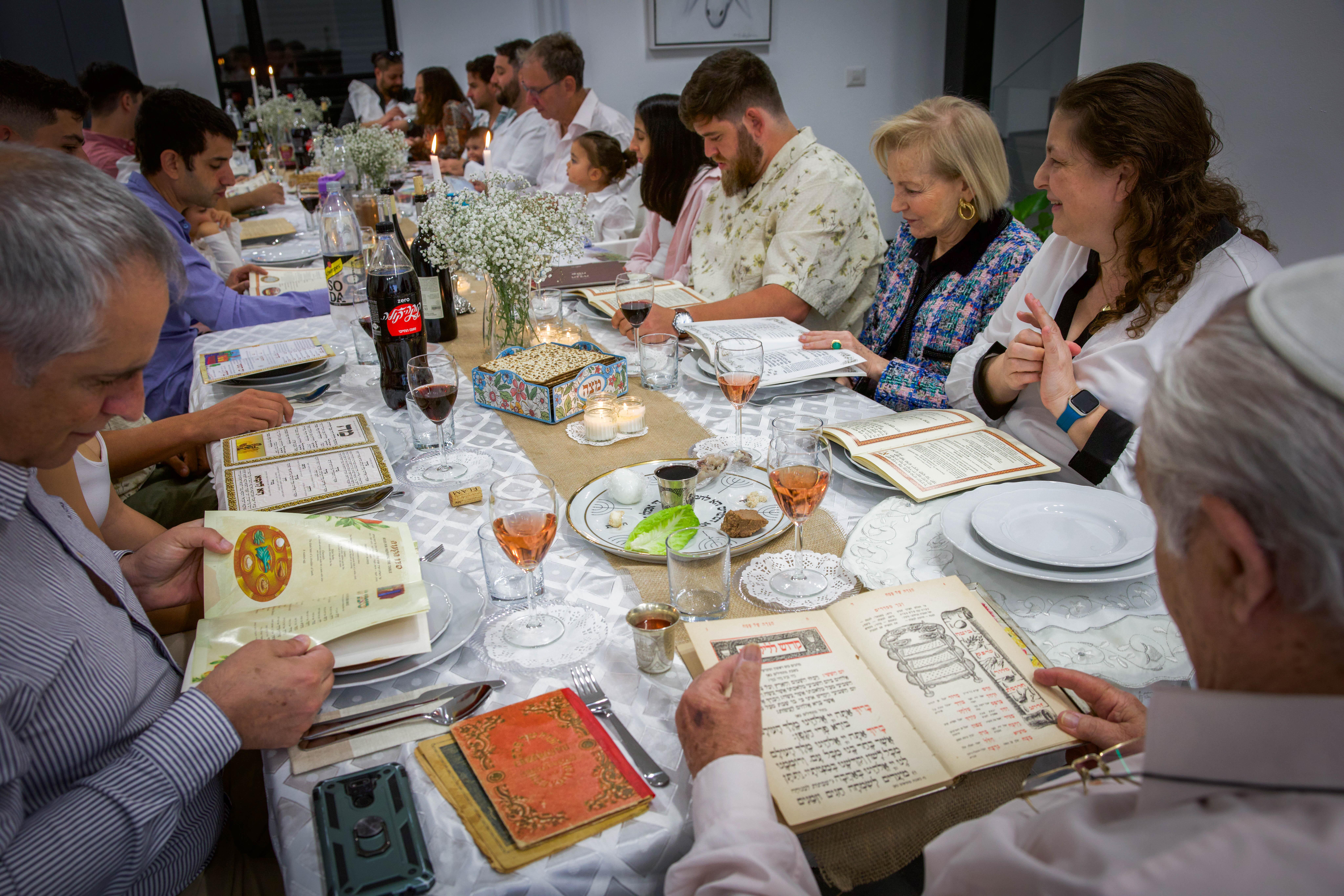
People who merely “wait for the Messiah” without seriously and realistically engaging with the situation in the country often resort to simplistic answers: “Jesus is coming again—He will fix everything.” What happens until then seems secondary to them. But it’s not that simple. The rebirth of the State of Israel 77 years ago was not only the result of prayers and the cry of “Blessed be the Name of God.” It was also made possible through courageous, concrete, and politically responsible action. Prayer and action belong together. Those who live one without the other fall short—then and now. That is why it is so important to soberly assess and explain Israel’s political reality. Yet this is often difficult. The same people who shy away from complexity are surprisingly quick to pass clear judgments: here the “good Israelis,” there the “evil ones.” Such blanket categorizations help neither the country nor the understanding of its challenges—on the contrary, they lead astray and prevent genuine solidarity.
In the eyes of some Christian media and organizations, the demonstrators who protest week after week for the release of hostages on Israel’s streets are automatically the “bad guys.” They are seen as enemies of the government—as “Bibi’s opponents.” This portrayal is deliberately conveyed and spread in many places. From this perspective, all protesters are automatically left-wing, anti-government, and out to topple the right-wing religious government. But this simply does not reflect reality—and I have written about this multiple times.

I know many Israelis who are politically right-wing and still demonstrate—not because they seek a change of government, but because they want to bring the hostages back alive. One of my sons joins his comrades every six weeks at the protests in Tel Aviv. They all know someone still held captive in the Gaza Strip. They stand guard there, together with the religious mother of one hostage—a woman who has nothing to do with “left-wing.” None of these young reservists are “leftists,” none are “evil,” and none want to topple Bibi. Yet certain Christian circles portray them exactly as such—this is simply absurd.
Of course, there are extreme voices among the demonstrators who indeed aim solely to oust Netanyahu—and yes, these people annoy me too. But there are also radical right-wingers who would love to “execute the entire left-wing judicial system.” Extremes exist on both sides. And those who look closely recognize: This is about far more than just political factionalism—it’s about people, their fates, and the future of a country.
People have very different ideas about the Jewish State of Israel—and therein lies one of the great challenges: bridging these divides. I often get the impression that some Christian media primarily feed their readers what they already believe or want to hear. This often includes exaggerated dramatization of the situation: Everything is immediately escalated into an end-times scenario—Boom! Alarm! Here we go! I know this pattern all too well—it was present in the 1990s during the Oslo Accords. And by the turn of the millennium, when the Y2K phenomenon sent the world into a frenzy, apocalyptic fervor reigned again: Many were convinced the global system was on the verge of collapse. Even Jesus, several friends assured me at the time, would surely return. But nothing of the sort happened. Because God has His own timing. Yes, faith and trust are central—but please, with moderation and grounding. Faith does not mean losing touch with reality.
And as soon as we dare to criticize the current government, some take immediate offense—as if we had turned against “God’s anointed.” But that’s not the case, and it has little to do with God’s calling! Israel’s political reality is far more complex than many devout Christians abroad imagine. For them, the worldview is often simple: Bibi is good—his opponents are bad. When I, as editor-in-chief, try to present this complexity in a nuanced way, I regularly face strong reactions. For a dear “brother in faith” named Michael from Germany, I am suddenly too “left-wing.” For others, too “right-wing.” Apparently, the perception of our work depends heavily on the lens one wears. Just a few days ago, I received an email criticizing Israel Today for not “critically examining Israel’s actions.” Too right-wing! “Is Israel’s approach in Gaza really (!) flawless and justified in every respect?”
We are not afraid of criticism—on the contrary. But many people only read what fits their own worldview. And yes, I understand: We cannot satisfy every reader at the same time. Objectivity is an ideal we cannot fully achieve—and I have never claimed otherwise. But our goal is to stimulate thought. We want to help grasp the complex reality of Israel—and the entire Middle East—more nuancedly.
The case of Israel is anything but simple. That’s why Israel Today deliberately gives voice to different perspectives—not just my own. In many Christian circles, this is unusual, as often only “the leader” speaks and sets the tone. For some Christians, dealing with Israel seems straightforward: “Blessed be the Name of God” or “When the Messiah comes, everything will be fine”—and the topic is theologically settled. But what happens in the political interim? Doing nothing, just waiting—that’s no solution. It’s true: Those who do nothing make no mistakes. But often, doing nothing is the biggest mistake.
Not to the right, not to the left—biblical orientation in polarized times. “You shall act according to the law they teach you and the judgment they tell you. You shall not turn aside from what they declare to you, neither to the right nor to the left.” (Deuteronomy 17:11) In the midst of one of the most politically divisive chapters in modern Israel’s history, these ancient words carry remarkable relevance. Originally, this instruction was directed at the people of Israel—they were to accept the rulings of the highest court, even if they seemed to contradict their own reason or deepest convictions.
Applying this verse to our time raises the question: What does it mean today to “not turn aside to the right or the left”—in a country whose political life is almost proverbially torn between these two poles? The right emphasizes security, Jewish identity, territorial integrity. The left insists on equality, human rights, diplomacy, and social justice—at least that’s their self-perception. But the divide runs deeper: Often, each side sees itself not only as politically different but as morally superior. The other side’s decisions are no longer just “wrong” but “dangerous.” Some speak of a “Bibi cult,” others of an “anti-Bibi cult.” The result: The people are divided.

It is precisely here that the biblical verse brings a necessary and healing reminder: There is a higher order, a moral authority that stands above party affiliation. God’s Word points to a shared foundation—law, ethics, and divine guidance, driven not by moods but by responsibility. The Bible does not say that right or left is inherently wrong. Rather, it points to something above both camps: A unifying framework in which differences can be debated without shattering the common foundation. A center that is not arbitrary but resilient, binding the people together. Not a neutral place, but a holy space where truth, justice, and unity belong together.
Dear readers, Israel makes mistakes too—both on the right and the left. This was true in biblical times, and the people were repeatedly called to repentance. Therefore, today as then: Judge less—love more. Don’t just be outraged at the left or disappointed with the right. Love the people as a whole—as God has chosen them: as a people that, despite all contradictions, stands united before Him.
Want more news from Israel?
Click Here to sign up for our FREE daily email updates


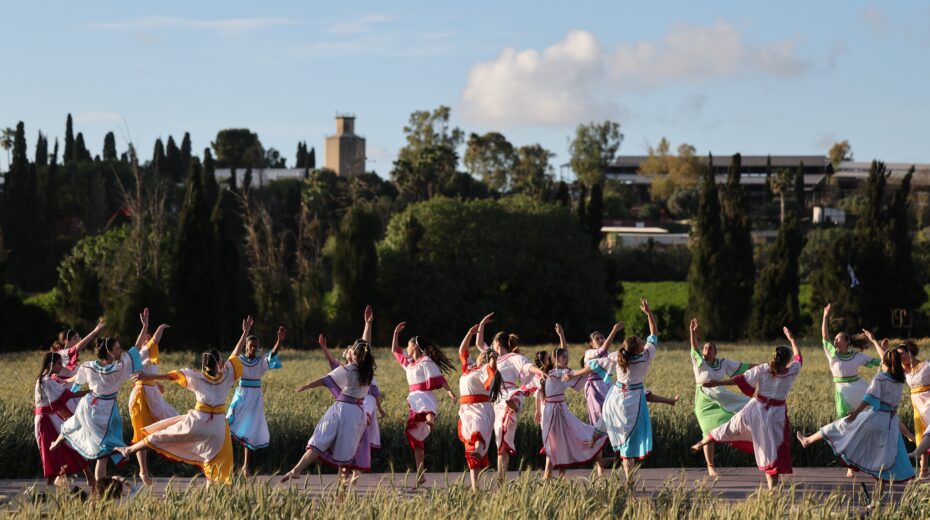

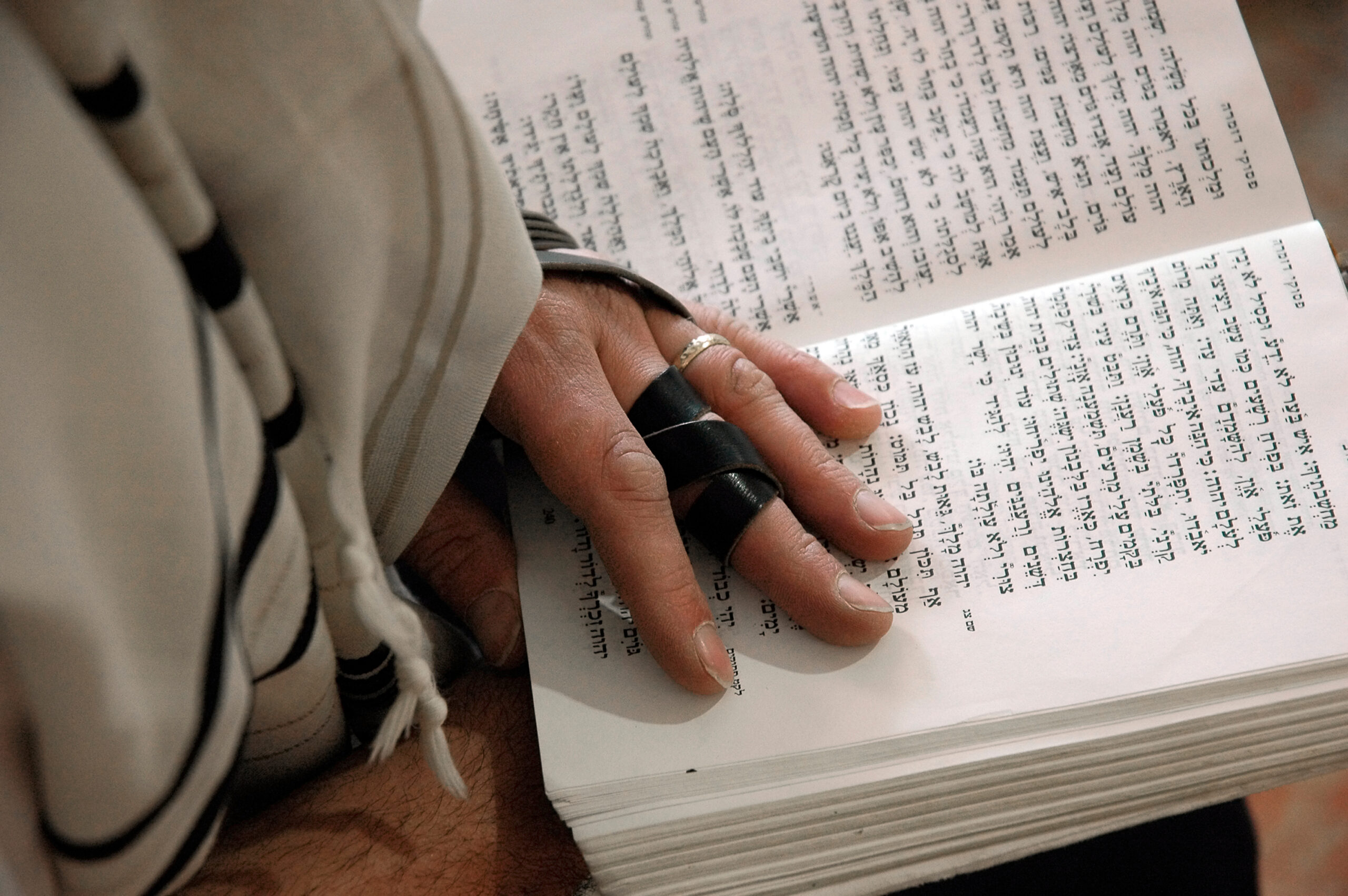



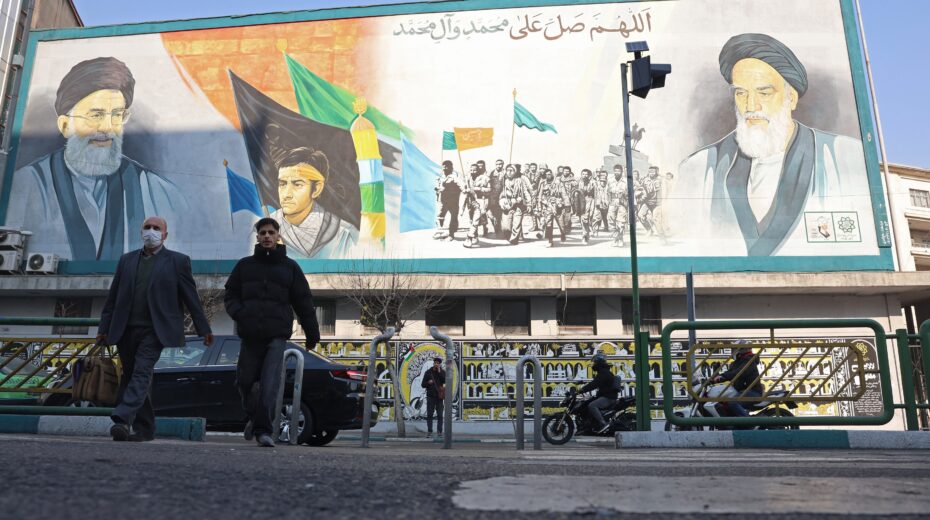

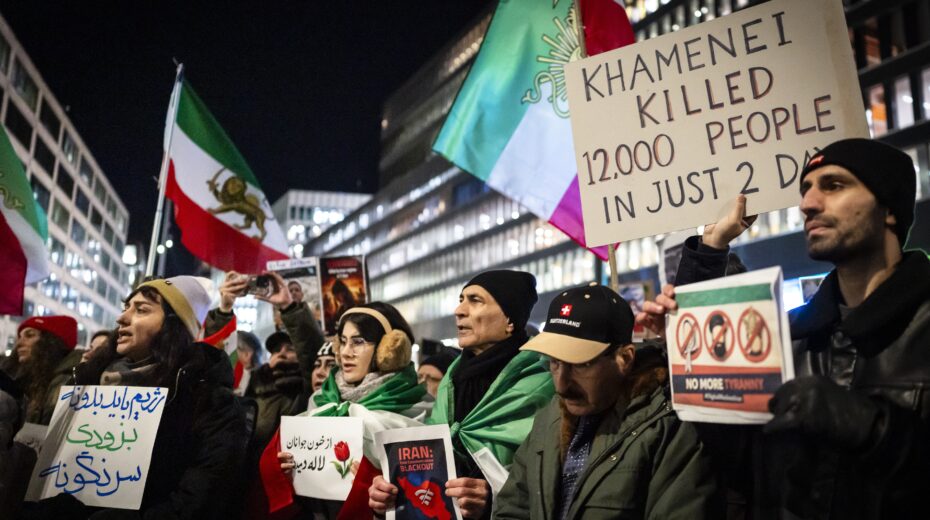
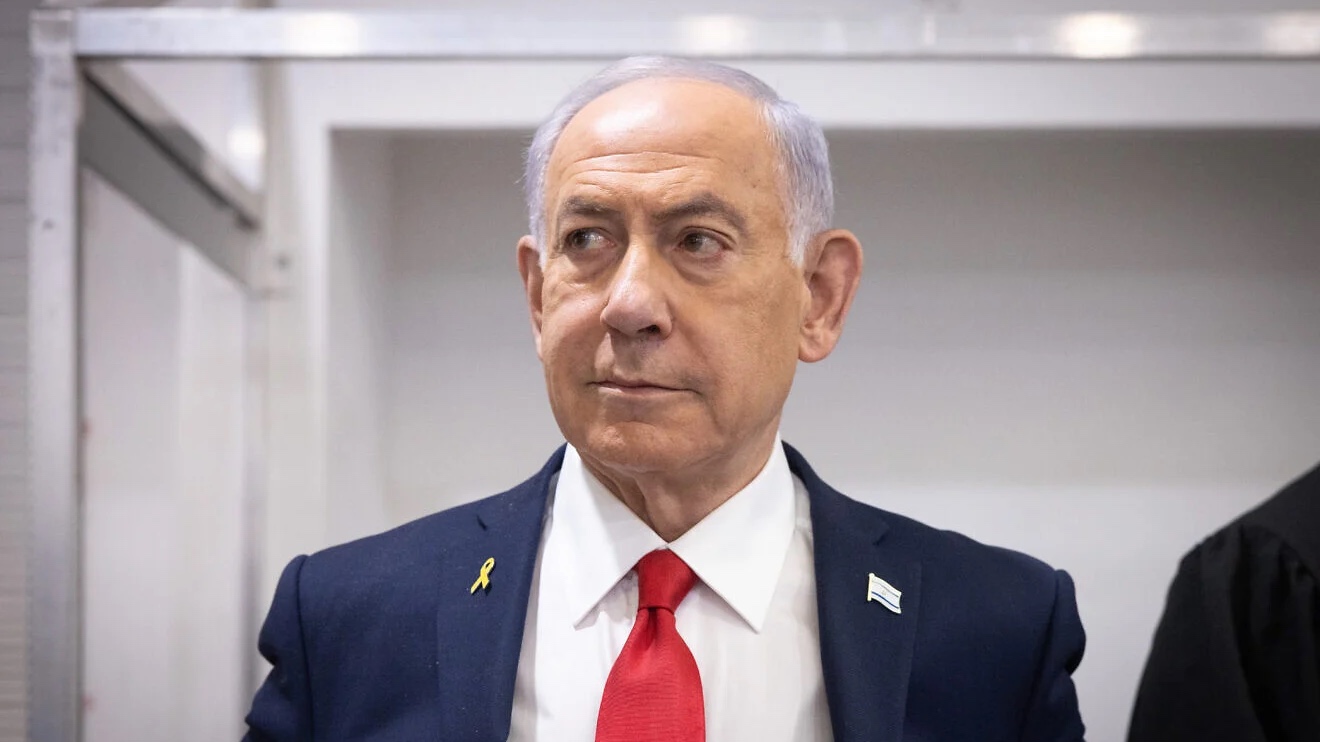



Each one of us is to pray for the peace of Jerusalem, and pray for the state of Israel. We also need to pray and ask the Lord to show us how each one of us is to speak, and how they are to behave. We all have different paths, yet they all lead to Yeshua Messiah. The ultimate decisions are His. But each of us is unique. Let us each be the person He designed before we were put into the womb of our mother. Ask Messiah who you are designed to be.